March/April/December
PATRICK Mullins continues to gain plaudits as a top class descriptive recorder of racing’s stories, many from the thick of the action.
He probably didn’t realise it at the time of writing but he provided the sentence of the year.
It came at the end of his account of his Grand National ride on Burrows Saint.
“We crawl over the line, still in fourth. ‘History’s been made,’ I hear the tannoy say. I better go find Blackmore.”
And that was it – it was what everyone in racing and even more so into the general media spent most of 2021 doing – we need to go find Blackmore.
The Grand National was the culmination of an incredible few weeks for the Tipperary native – so well captured in the RTÉ documentary this week, when her name made international headlines.
She was the poster girl, the ambassador, the best image, the inspiration for many young sports people, especially young girls hoping to find a career in this tough sport. And not only find a career, but to dream of being simply the best, of winning the top iconic races.
Even in defeat at Cheltenham, those agonising last furlongs of the Gold Cup, on the pull up you looked for her reaction on coming so close to an impossible dream, as much as at Jack Kennedy’s joy of success.
Interview after interviews came through the airwaves during those toughest days of last March and April.
Virtually on her own, she kept a smile on the sport, putting it in the national headlines for the right reasons after a few tough months of bad publicity.
Search social media and you’ll find many references to her willingness to engage and encourage young admirers away from the headlines.
There was no family background, no highly respected riders in the family, no immediate backing by a top trainer.
All the accolades came in December when she took any sports award she was eligible for in Britain and at home.
Countless Irish mammies might be living in fear when their young daughters now proclaim – I want to be a jockey when I grow up – but the important thing is, it’s now perfectly possible to believe you can try.
Saturday, June 5th
FOR the second year in a row the Derby at Epsom threw up a most unlikely hero. Emmet McNamara had ridden into the record books a year previously and here again was one of the superpowers in the winner’s enclosure but with a much less vaunted jockey astride the winner.
You have to search our photo archive a bit to find a decent photo of Adam Kirby.

He was due to ride John Leeper in the race until jocked off by Frankie Dettori. Welcome to the club.
He was then offered the mount on Adayar who was 40/1 early in the week. Kirby was cool and collected – powering through to victory over better fancied stable companions.
His interview with Lydia Hislop on Racing TV at the track, after all the fuss of the presentations had died down, was one to watch back again. Kirby is not one for the quick sound-bites and his big moment needed to move at a slower pace.
This was, as these Hislop interviews have become, more like two people having a chat in appreciation and more measured reflection of what the victory meant in the scale of a career. None of the loud extravagance, all too present in heat of the moment post-race interviews.
“What does it mean to you?”
“It’s everything, it’s the Derby I’d always said I’d rather win a Derby than be champion jockey. That’s happened, unbelievable.”
“Why the Derby, why is it so special?”
“It’s the greatest race. I’m lost for words.”
So many things have changed over the last years and that the race still means so much, and that it is still possible for any rider to win it, was something to take from that summer’s day.
Kirby’s line - “Don’t be bitter, be better,” should be the motto for the next year.
Saturday, February 28th
ON a Saturday evening at the end of February, a photo appeared on twitter of Gordon Elliot sitting astride a dead horse, giving a two finger sign to the photographer as he was on a mobile phone call.
First there was disbelief – speculation that it was photoshopped image, maliciously circulated. Surely a leading trainer could not have been captured posing like this. Then came the acknowledgment from the trainer, in an apology that also sat poorly with many people.
There followed a week of debate, taking sides, Ireland v England, the image making news headlines and published in every newspaper, bad headline of the “Sport of Kings corrupted”. Welfare and animal cruelty were dragged up again. Accusations that racing did not care about the animals it used for sport.
There were headline items on most current affairs programmes. Owners and sponsors cut ties with the yard. There were calls for stiff punishment with Cheltenham just two weeks away.
There were comments from those closely connected to the yard of the upset as horses were removed swiftly. The IHRB acted quickly and by the end of the week Elliott was suspended for a year, with six months suspended and a transfer of the licence.
Most accepted that this was a sufficient reprimand for his stupid act.
“It is indefensible. Whether alive or dead, the horse was entitled to dignity. A moment of madness that I am going to have to spend the rest of my life paying for and that my staff are suffering for,” was the more measured statement.

Lesson learned, time way, he returned in September and slowly racked up the winners again.
The year ended with Galvin’s success in the Grade 1 Savills Chase. It wasn’t a bolshie ‘back where we belong’ welcome to his winner. It’s been a testing year but most in Irish racing were prepared to forgive and forget.
Saturday, July 10th
The king is dead, long live the king
THERE was worldwide sadness as the thoroughbred industry lost its greatest stallion this past year, with the passing of Galileo in July.
The greatest sire son of the legendary Sadler’s Wells, Galileo’s death at the age of 23 ended a notable era in the world of bloodstock.
Perhaps fittingly, however, there was a passing of the crown, for it was Galileo’s unbeaten son Frankel who dominated at the top level of breeding in 2021.
Great racehorses do not always make great sires, and Sadler’s Wells was not the best of his racing generation – but Frankel has done both. He will stand for £200,000 for this coming breeding season and is the first non-Coolmore sire to be champion since 1989.
Frankel has supplied eight Group 1 winners in 2021, with that tally including Adayar, victorious in both the Cazoo Derby and King George VI and Queen Elizabeth Qipco Stakes and Hurricane Lane, winner of the Dubai Duty Free Irish Derby, Grand Prix de Paris and St Leger.
With both horses staying in training, he looks clear of this field for another year or two.
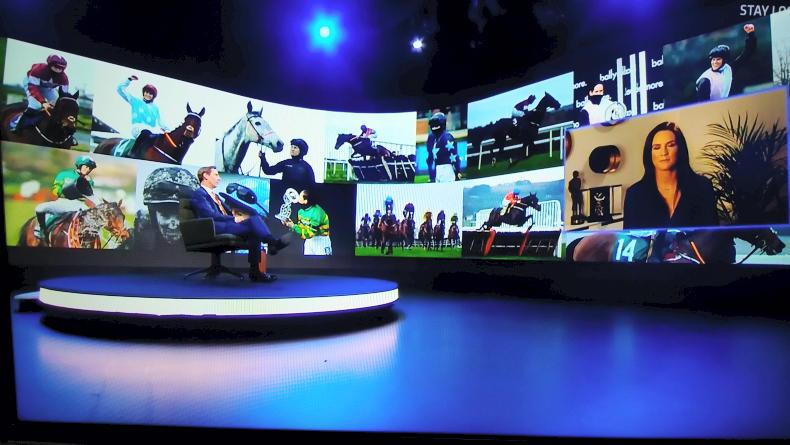

 This is a subscriber-only article
This is a subscriber-only article
 It looks like you're browsing in private mode
It looks like you're browsing in private mode




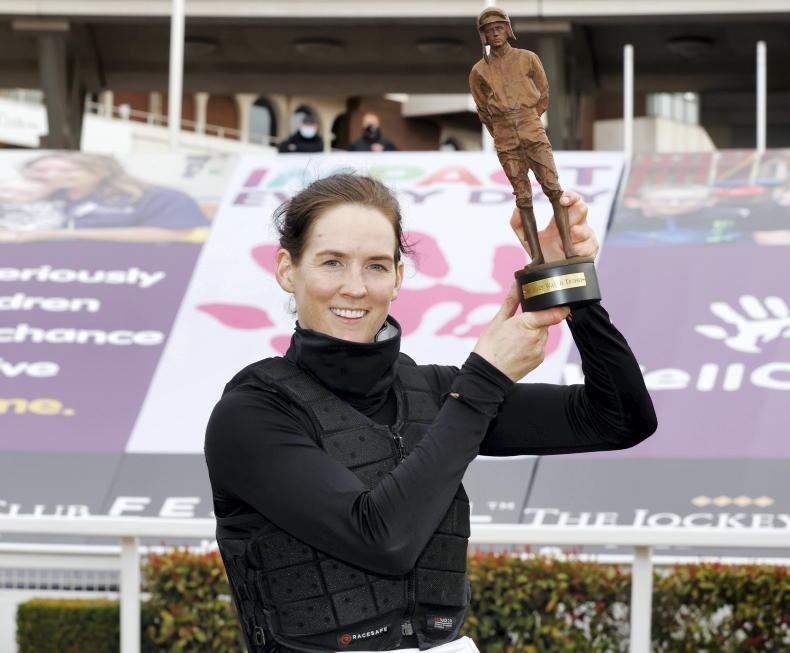
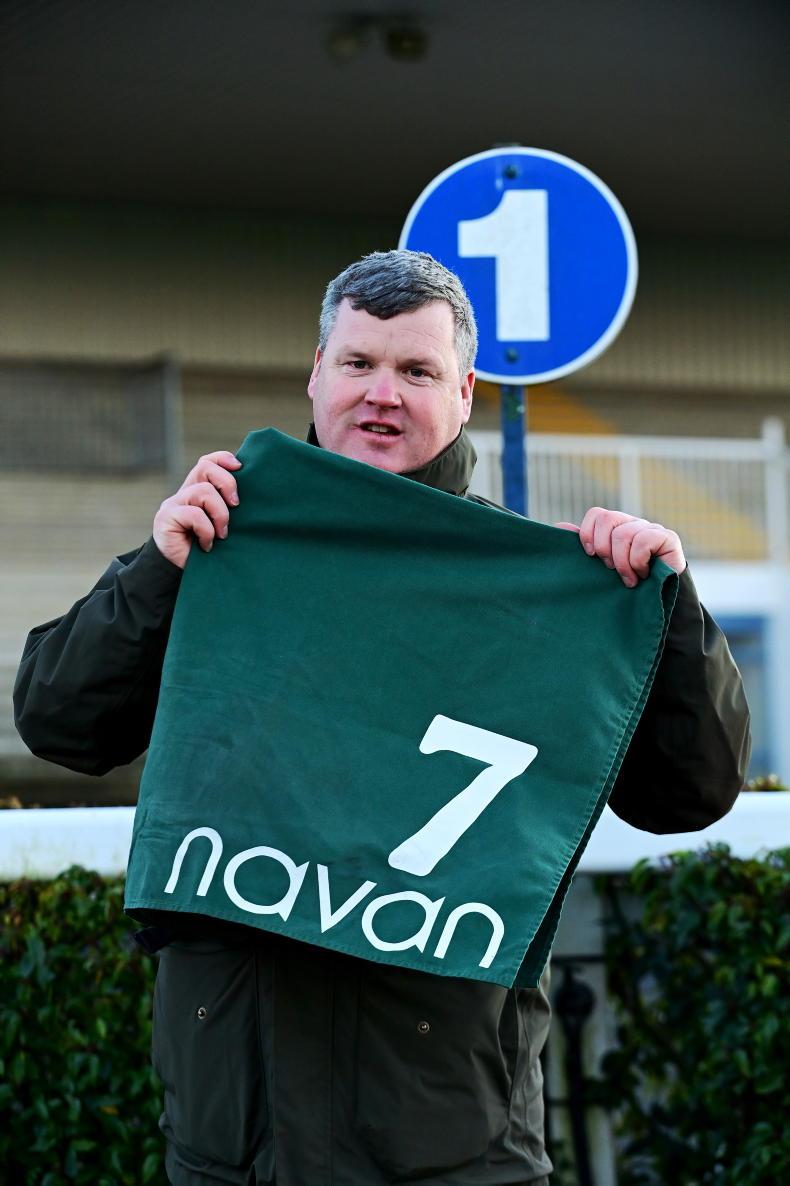
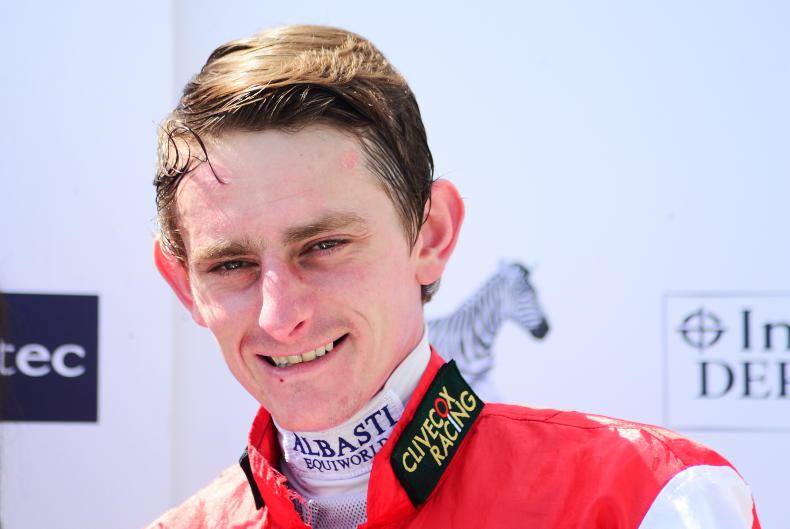


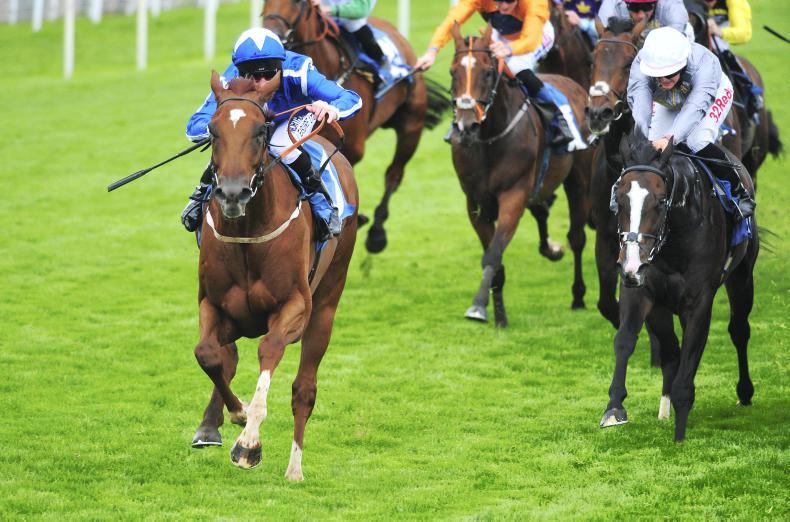

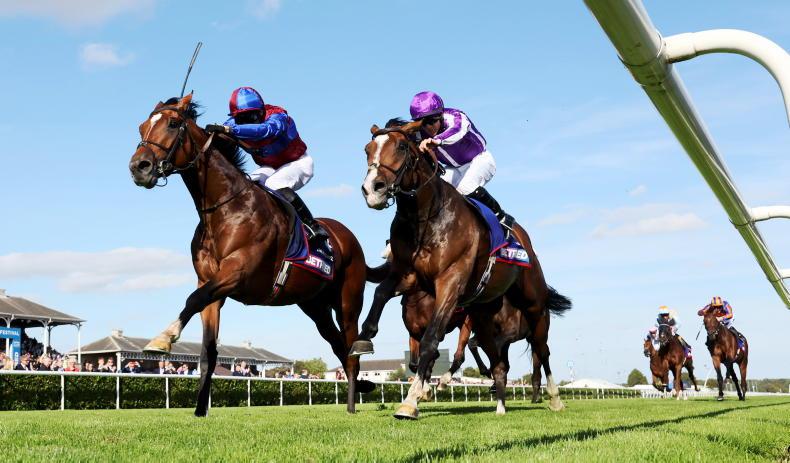

SHARING OPTIONS: